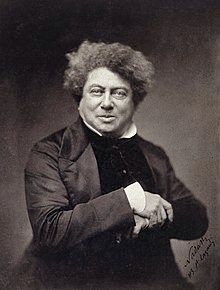Once more on the same beach at Bonette
by
July 19th, 2023
Audio Presented by

Many of my historical novels of high adventure were originally published as serials, including The Count of Monte Cristo
About Author
Many of my historical novels of high adventure were originally published as serials, including The Count of Monte Cristo
